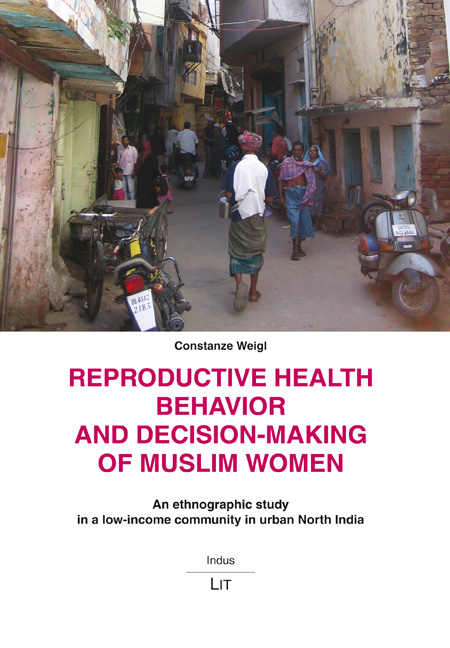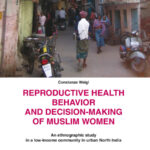Beschreibung
As a consequence of the politicization of religion in India, the study of
Islam in fertility is a highly sensitive issue. How do Muslim women make
decisions relating to their fertility and practice of contraception? How
do factors as socio-cultural norms, socioeconomic constraints, national
family planning policies, and Islamic legal tenets affect women’s
reproductive health behavior? This ethnographic study answers these
questions by analyzing the local context, in which the lives of these
low-income Muslim women are embedded. Theories and concepts of demography
are also explored and critically reflected on.


